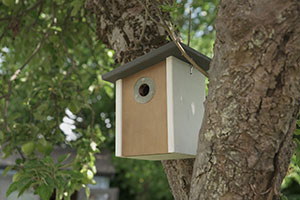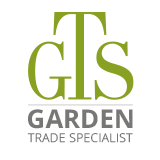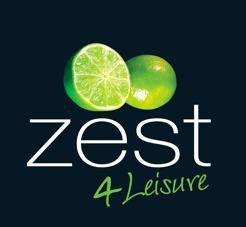LEADING QUALITY WILD BIRD FOOD MANUFACTURER - HENRY BELL - CELEBRATES NATIONAL NEST BOX WEEK WITH A WIDE RANGE OF BOXES AND CARE ADVICE
Ahead of National Nest Box Week (14–21 February 2020), leading quality wild bird and pet food producer, Henry Bell & Co, is focusing on nest box education with advice on how to select and care for the right nest box this spring. The Henry Bell range of Nest Boxes are specifically designed to encourage different bird species, including Robins, Blue Tits, Great Tits, House Sparrows and Wrens.
They are all crafted to provide adequate insulation from the cold and extremes of weather and have good drainage, locks to protect from predators and top opening – as recommended by wild bird care experts. Each nest box comes with recommendations about how best to use, clean and position the nest box.
Types of nest boxes start from RRP £5.99 for the Henry Bell Nest Box and Henry Bell Open Nest Box through to a more premium offering found in the Henry Bell Elegance range which features a variety of entrance holes, open front designs, sloping and flat roofs (RRP £14.99).
At a time where the national spotlight is on nest boxes, Henry Bell shares its top tips on how to select and care for the right nest box:
1. Decide which birds you wish to attract into your garden: Ensure your nest box caters to the bird species you have in mind, such as a 32mm entrance hole which is suitable for the House Sparrow, Great Tit and Nuthatch, or an open front for Robins, Pied Wagtails and Wrens. Consider putting up nest boxes with different size holes as you will then cater for a variety of species. Whatever you choose, ensure there is plenty of fresh water available.
2. Where to position the box: Safely locate the nest box away from predators, hanging it at a height of 2-4m from the ground (or below 2m from the  ground in cover for open front nest boxes). Face the box between north and east, thus avoiding strong sunlight and the wettest winds. Make sure that the birds have a clear flight path to the nest.
ground in cover for open front nest boxes). Face the box between north and east, thus avoiding strong sunlight and the wettest winds. Make sure that the birds have a clear flight path to the nest.
3. Caring for your nest box: Do not disturb the nesting box once it is in use. It is recommended that you clean your nesting box after September. Do this using rubber gloves and removing all nesting material, carefully using boiling water to kill any parasites.
4. Consider the long-term relationship: Natural nesting sites are becoming scarce and wild birds and becoming more reliant upon nesting boxes. There are also ever decreasing food resources for wild birds and it is becoming more and more essential that you feed your garden birds all year round.
Once you have started, try and create a routine as the birds will become reliant upon your help to bring life and vitality into your space. Henry Bell & Co is a fourth-generation family-owned British business that produces quality animal feeds.
The company launched its own range last year, Henry Bell Wild Bird Care, which features 120 quality products catering for every type of garden bird, all designed with health and wellbeing of birds in mind. Henry Bell has also made sustainable packaging a priority with all their Wild Bird Food packaging being 100% recyclable whilst protecting the integrity of the elements inside each bag.
Henry Bell Wild Bird Care is available at Dobbies Garden Centres and selected independent garden centres, pet shops and retail outlets nationwide. For more information please visit www.henrybell.co.uk or contact PR Consultant Roxane Nichols on E: roxane_farley@hotmail.co.uk | M: 07778 234 751 For sales enquiries please contact Retail Sales Director Trudi Austin on E: trudi.austin@henry-bell.co.uk | M: 07982 634 646

 ground in cover for open front nest boxes). Face the box between north and east, thus avoiding strong sunlight and the wettest winds. Make sure that the birds have a clear flight path to the nest.
ground in cover for open front nest boxes). Face the box between north and east, thus avoiding strong sunlight and the wettest winds. Make sure that the birds have a clear flight path to the nest.